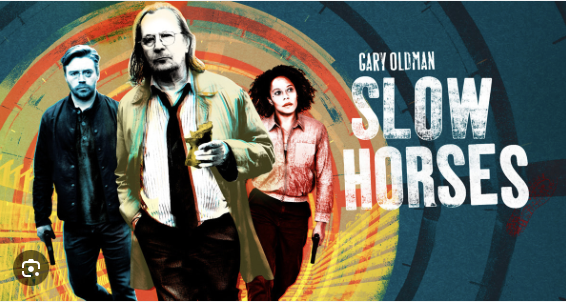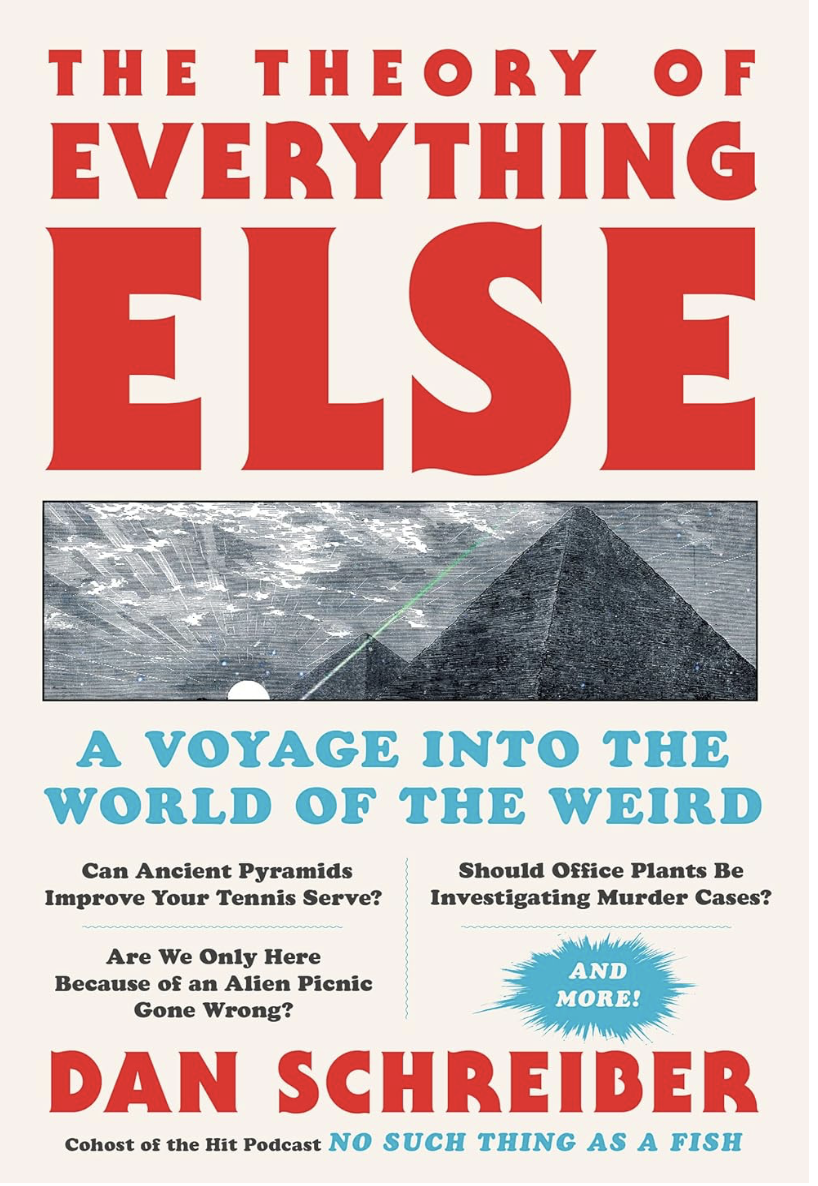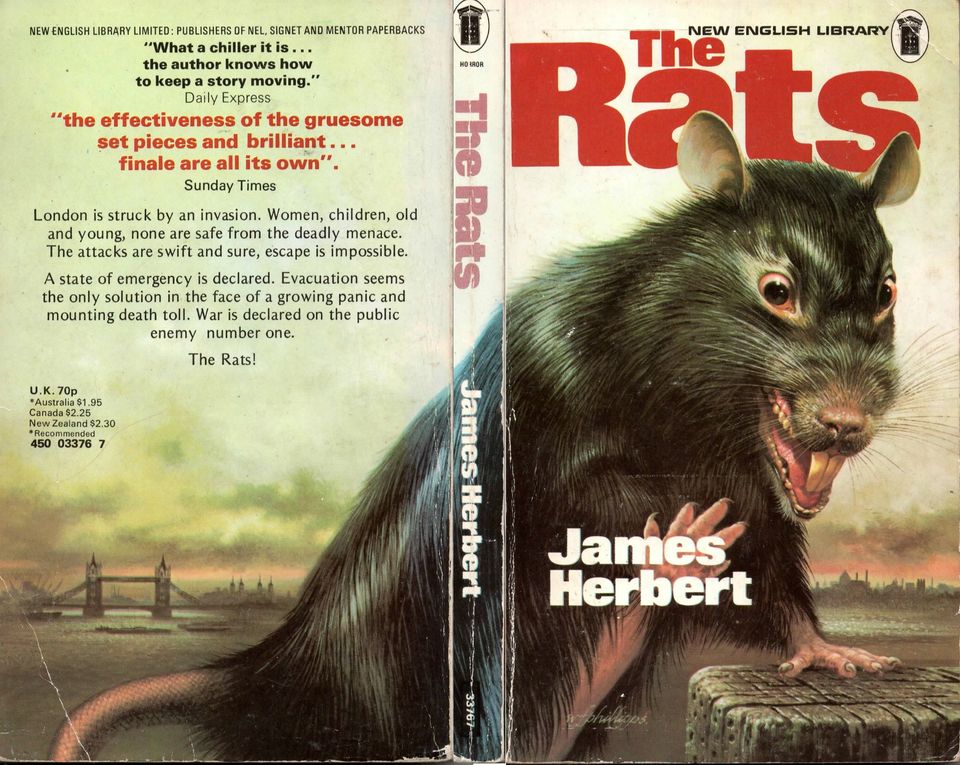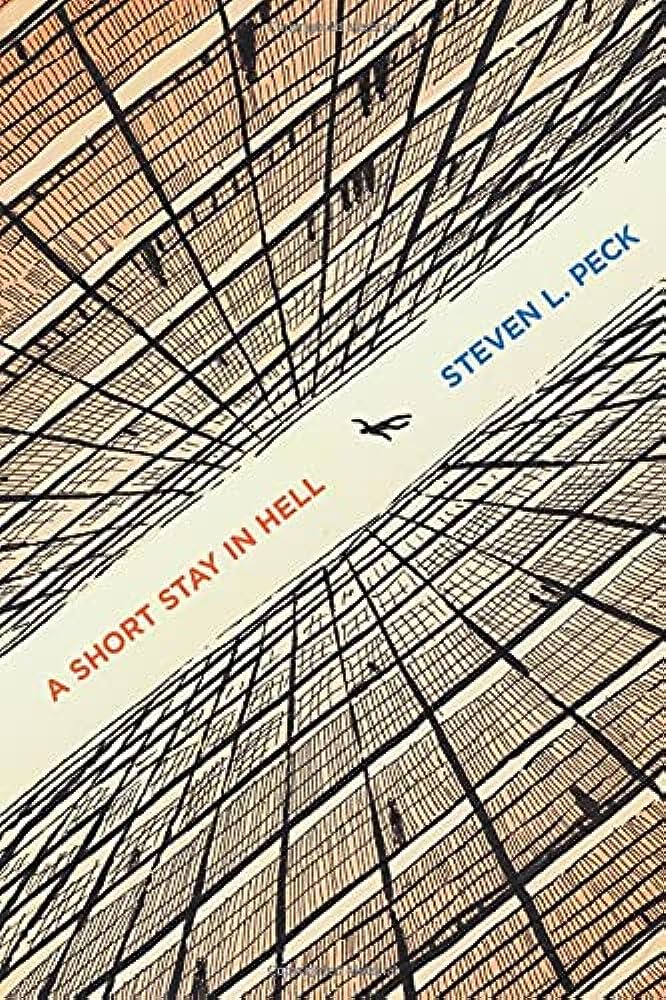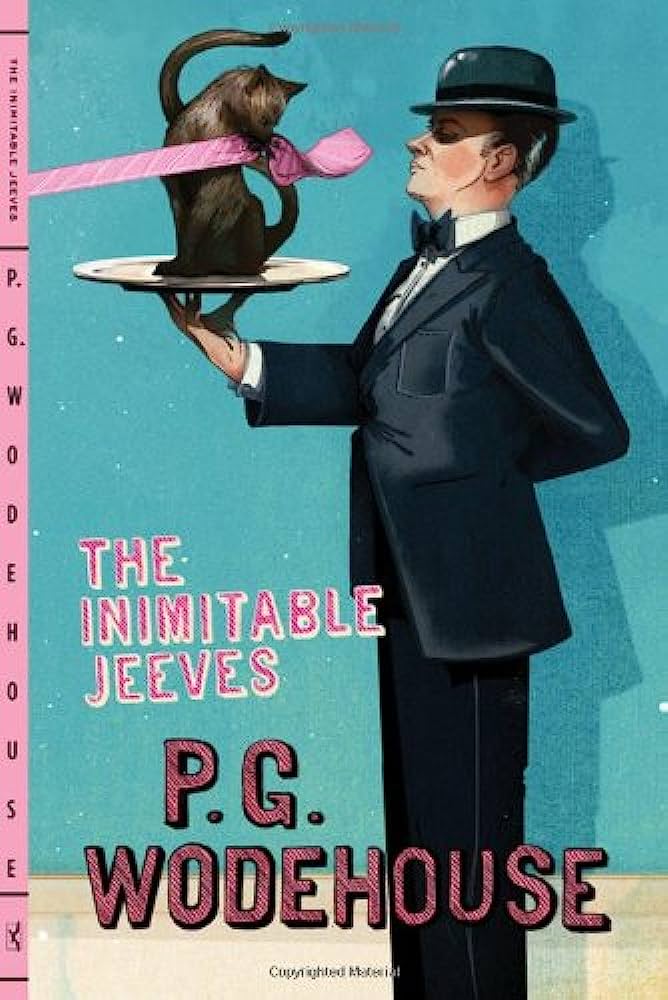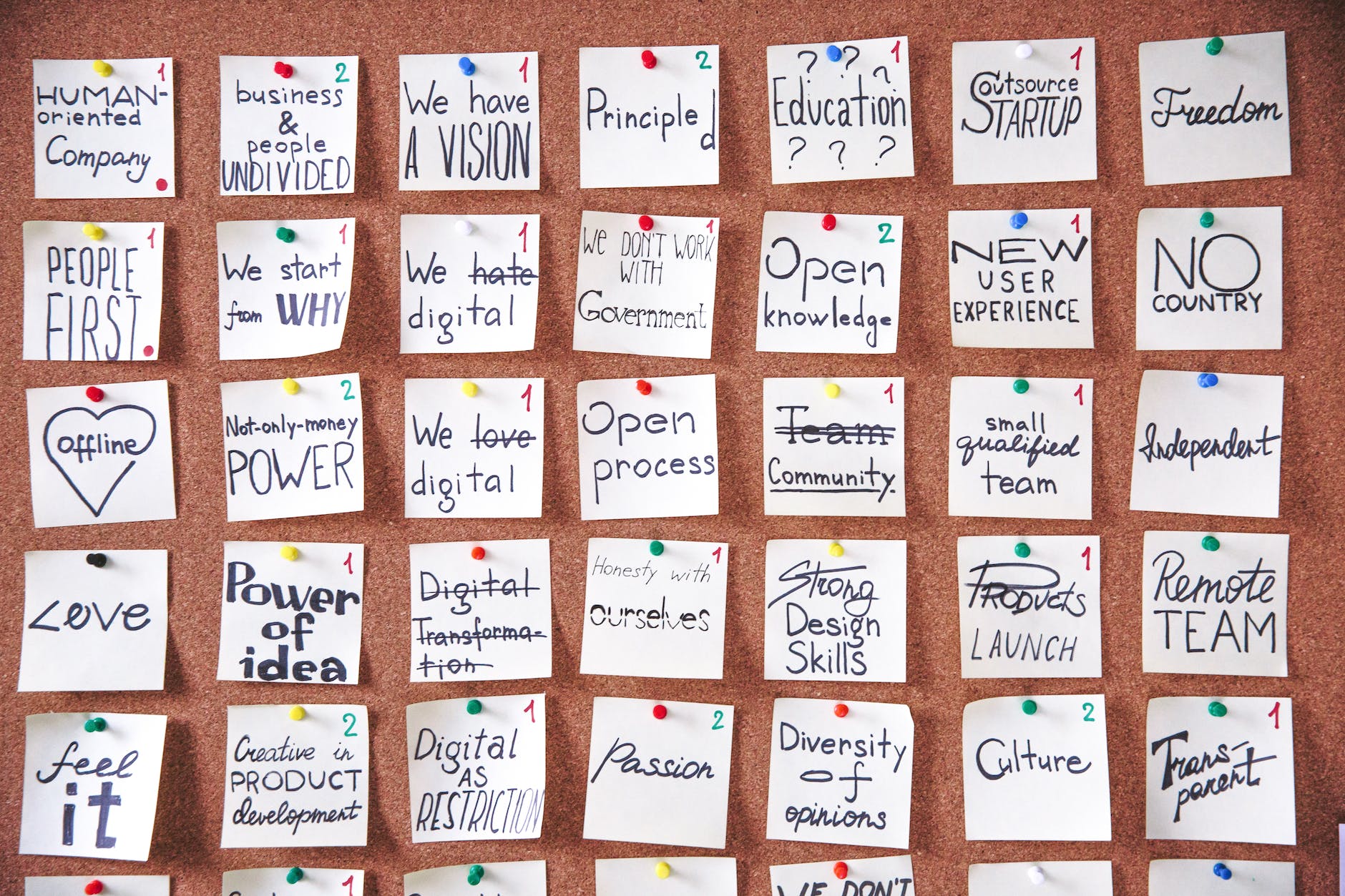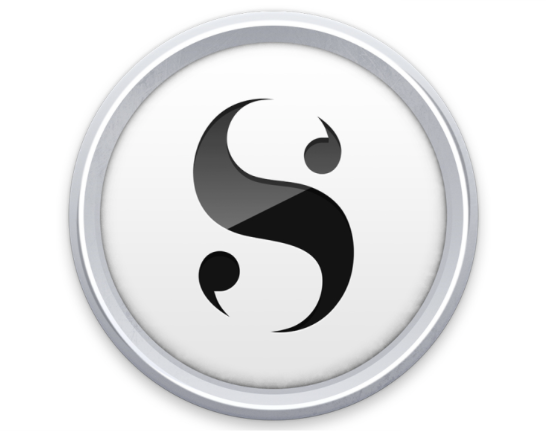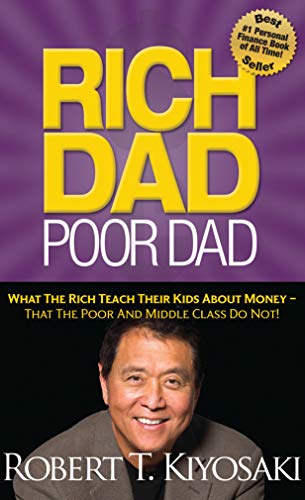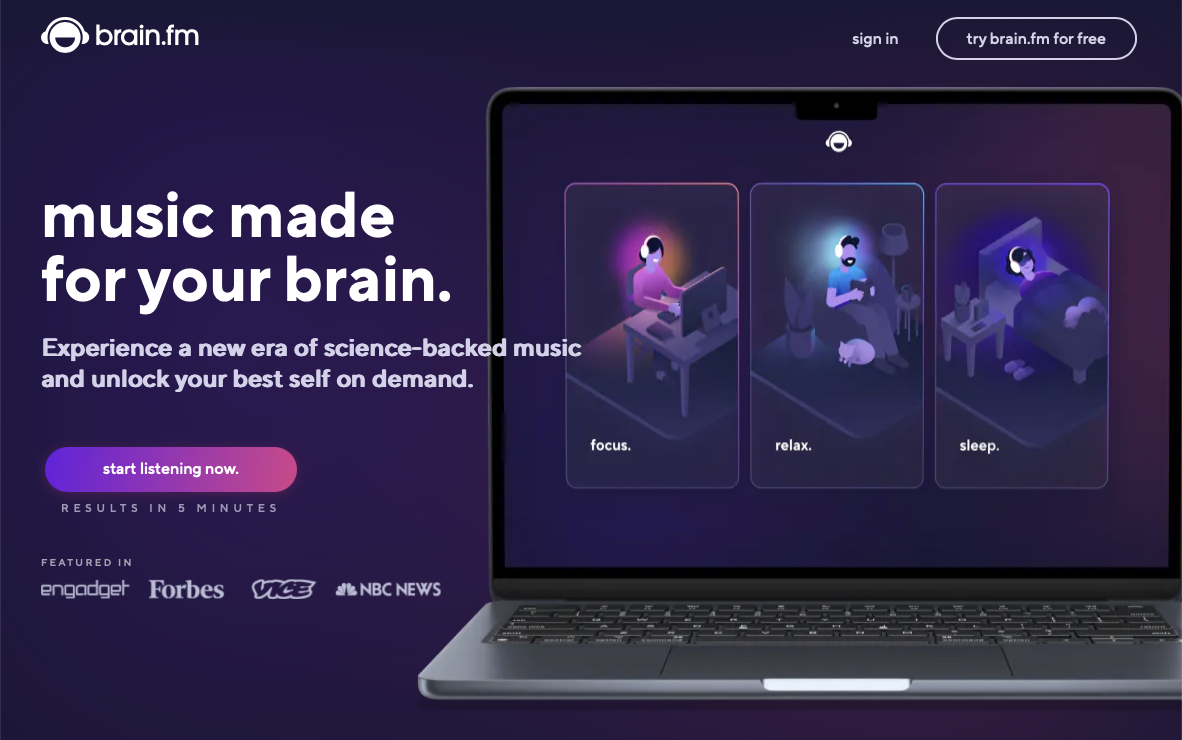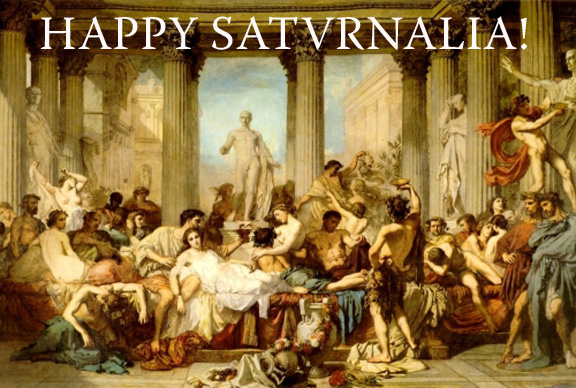Subscriptions make things worse. Here’s an alternative

Subscriptions and the constant drip of money from my bank are starting to irk me. And I don’t like being irked. Few do. But every app seems to be trying to foist a monthly fee on users, and it’s pissing me off. But why are they so annoying and is there an alternative?
The pros and cons of subscriptions
I’ll start with the positives first so I don’t come across too grumpy. I actually wrote an article four years ago about why subscriptions were good, so read that if you fancy. Otherwise, I’ll give a quick summary.
Not all subscriptions are bad. I am happy to pay for things that change constantly, give me new experiences, and/or were things I paid for before. For example, while it was nice having a huge VHS then Laserdisc then DVD then Blu-ray collection. As a lot of things got binned on the way, I could see the appeal of video club membership. I now pay for streaming.
A similar thing goes for music. I still have all my vinyl, but most of my CDs have been lost over the years, and my cassettes just died. While I still miss having a music collection, various music apps amply fill my audio hole. I use Spotify for music and podcasts, Audible for audiobooks, BBC Sounds for tons of shows and radio, and the awesome Brain.fm for when I’m writing. (If you fancy trying out Brain.fm use promo code: JasonWardWriter and you’ll get a 20% discount!)
I also pay for various magazines and a couple of papers. Some things are worth it. I am even happy paying for my Microsoft 360 or Office or whatever the hell it is called. As a writer, I need the latest versions for compatibility and also Cloud syncing. Plus, buying the discs like I did back in the 90s and 00s was damned pricey.
Now for the negatives…
I’ve used a number of apps over the years that decided to switch to subscriptions. What makes this so utterly annoying is that I enjoyed the apps and planned on using them for – potentially – years. I’ve used some apps for over a decade.
Let’s say an app opts to use subscriptions and it is $5 a month. That is $60 a year. Or $600 a decade. I could buy a car for that. It would be a crap car, and I don’t drive, but that is beside the point. I could buy a laptop or go on holiday instead.
I might find it really handy to track what I spend my time doing, write a daily journal across multiple devices, or list my to-dos on a calendar. But none of those activities are worth the hundreds I would pay if they are any good. So if an app is great, I would probably give it a miss as it would eventually cost too much.
And I don’t think the apps are better for it, either. If you’re paying a subscription, there is now an obligation on the developer to keep updating things and adding new functions. Some of which might break the app. Or just as bad – lead to new tiers. I honestly can’t remember the last time a tier exactly suited my needs. I usually feel frustrated that something I need costs extra or feel ripped off as I have lots of stuff I will never use.
Sometimes, people can develop something that is great and doesn’t need development or staff tinkering with things. Just create it and leave it. If it is a fair price, people will buy it forever, and the developer just updates occasionally, if needed.
This goes for games too, although they use micro-transactions (which is a rant for another time). But try and play, for example, the very first Angry Birds game and then try the newest versions. The new ones have too much shite going on because there are staff needing to justify their employment and have users log in all the time. I don’t want daily challenges or boosters. Just make a good game about flinging birds at pigs. If you want more money, make a new game.
In summary –
Even if the sum is small, the accumulation of these applications can be significant. So a good app will cost a lot of money.
Not everything needs to be tinkered with all the sodding time.
So, what are the alternatives?
I can think of a few alternatives.
Rely on people being generous
The first is a model where people pay because they are nice. I know that sounds insane, but it does work. For example, unlike a lot of other papers, the Guardian newspaper works based on donations. And that is one of the top papers with huge overheads.
A lot of creators make a living from Patreon. Others create entire projects with backing from Kickstarter. These same people still often sell a product, but it is for a one-time payment. This is a great model.
An app could easily include an option to give donations, and some do. In times of plenty, I am happy to share the wealth.
Sometimes I would like to send money to the developers just to show my appreciation, but it isn’t possible. It is usually because there is a tier system in place. For example, I adore Notion and was looking to give the developers some cash. But there wasn’t a one-off option. I could switch from the free version to a monthly payment and get a load of stuff I didn’t need – so I didn’t bother. Have a donate button like Ko-Fi built in.
Or like my ‘Donate’ button on the right… People are nice.
Make a great app. Then make another.
Another option is a bit old school. Make a great app. Develop it and perfect it. Then leave it. If you want to make a load of changes, work on that separately and release a new updated version 2. That sounds weird in the modern age, where subscriptions would be a series of gradual changes. But it used to be a common way to do things.
A great example of this is when I was looking for software to plan and write a book. There are a lot of apps that help with this, and some are absolutely superb like Ulysses and Scrivener. The difference between them is that Ulysses relies on subscriptions while Scrivener is a one-off payment.
I obviously opted for Scrivener. For the money spent though, things are as clear cut as you would think.
I paid a one-off fee for Scrivener for my Windows-based PC. But I then moved to a MacBook Air and had to pay again – although I did get a discount. Then Scrivener 2 came out. It was fine but wasn’t a lot better than the original, so I skipped it. I am now writing a book on Scrivener 3, which I paid for again – and again got a discount. I liked having the option to skip some of the developments and not pay monthly for something I would be using for years.
The thing is, I probably spent $60+ on Scrivener over the years. I could have used Ulysses for two years for the same money. So if I didn’t like Scrivener, that would have been a loss, as I could have cancelled Ulysses after a month. But I have used Scrivener for about 10 years now and will continue to do so. So I’ve saved a lot of money, and it is a great product that isn’t threatened by a damaging update.
If version four isn’t up to scratch, I will probably skip it. Another big plus is that if asked to recommend a writing program, I would recommend Scrivener – because it’s so good you would use it for years. And I am not alone in this.
The subscription model is slowing
I have decided to focus more on writing my book and websites recently, and so have been turning away some of my lesser-paying clients. This means tightening my belt a bit.
Like many others in these trying times, the first and easiest way to start saving money is to cancel subscriptions. I can do things like to-do lists on Notion. I can use one streaming service at a time – Disney+ then cancel; then switch to Netflix, then cancel, and so on. Most people would now opt for Google Docs (free) over Microsoft Office (subscription). A lot of these subscription models are really starting to feel the pinch as people find alternatives.
Now obviously subscriptions make more money. But I don’t think that will always be the case. The increase in things like Patreon and Kickstarter shows that people can be generous. I see increasing numbers of complaints about new updates not working or a previously popular app switching to the dark side of monthly fees. I have also read lots of reviews from people who are praising the concept of one-off payments like it is a new idea or a refreshing return to the old ways.
A mix of one-off payments, new versions, and a donation button will hopefully be the way forward. I am happy to pay for a subscription to some kind of media producer, but not for a calendar, fitness tracker, or to-do list. Bollocks to them.

